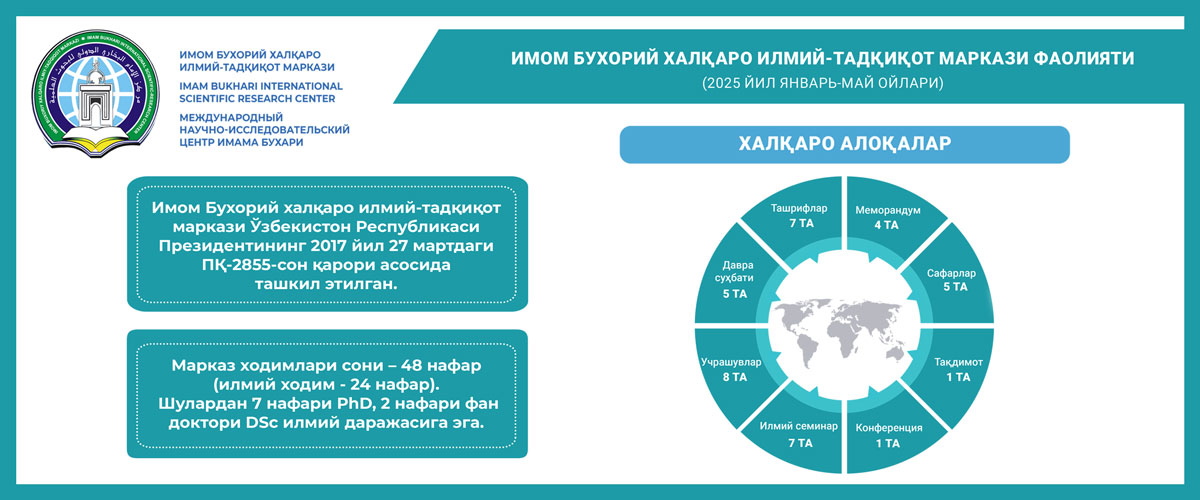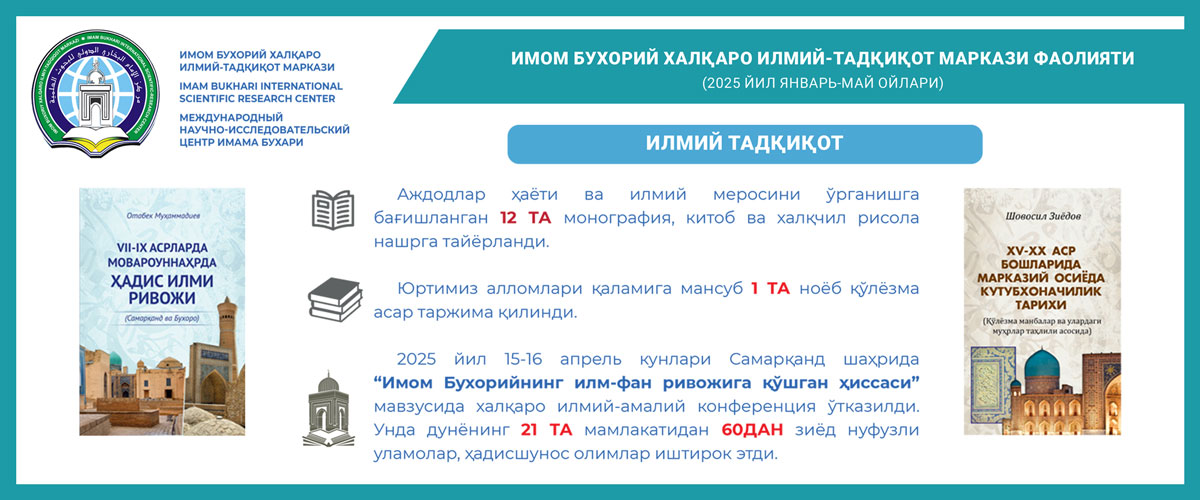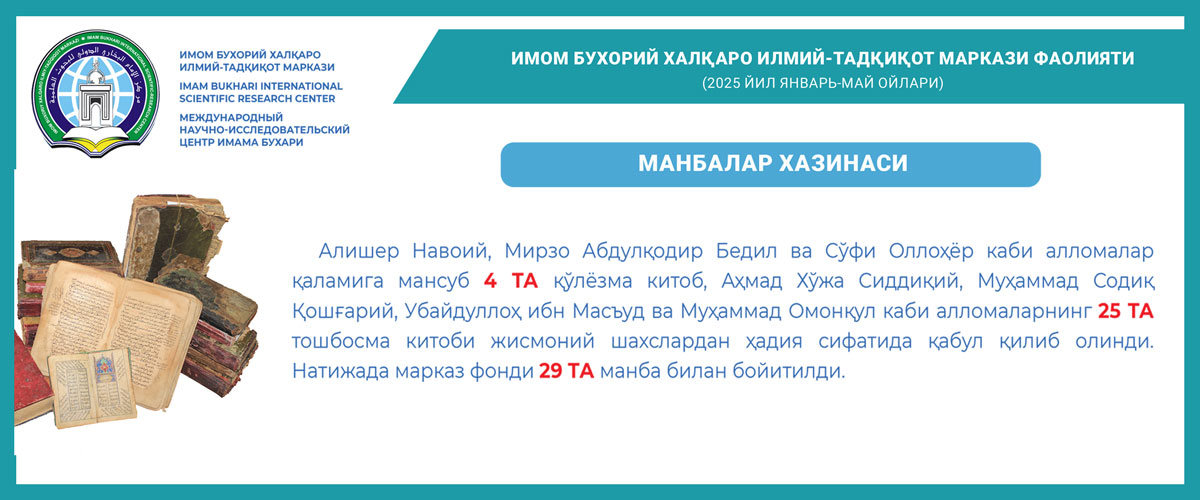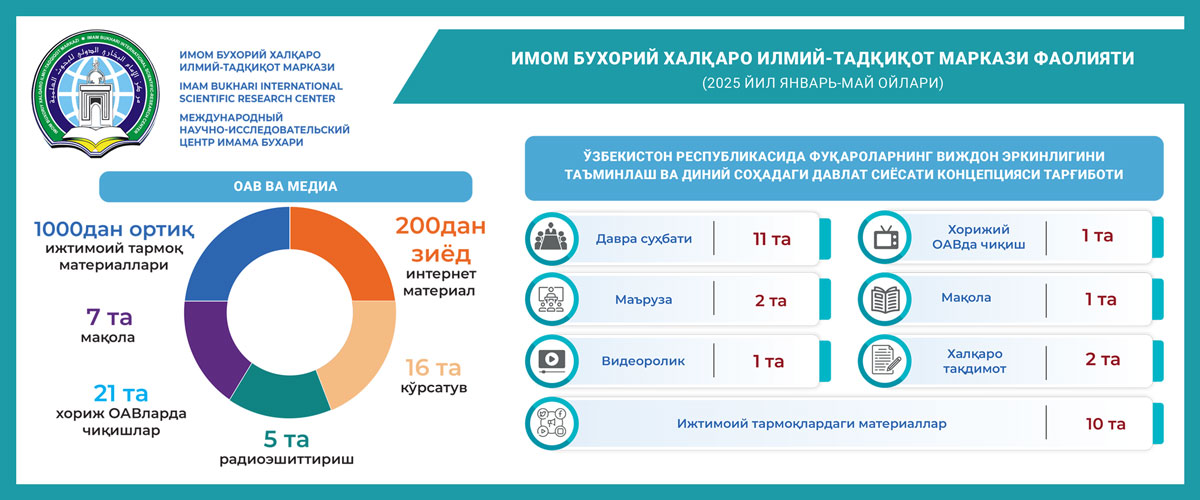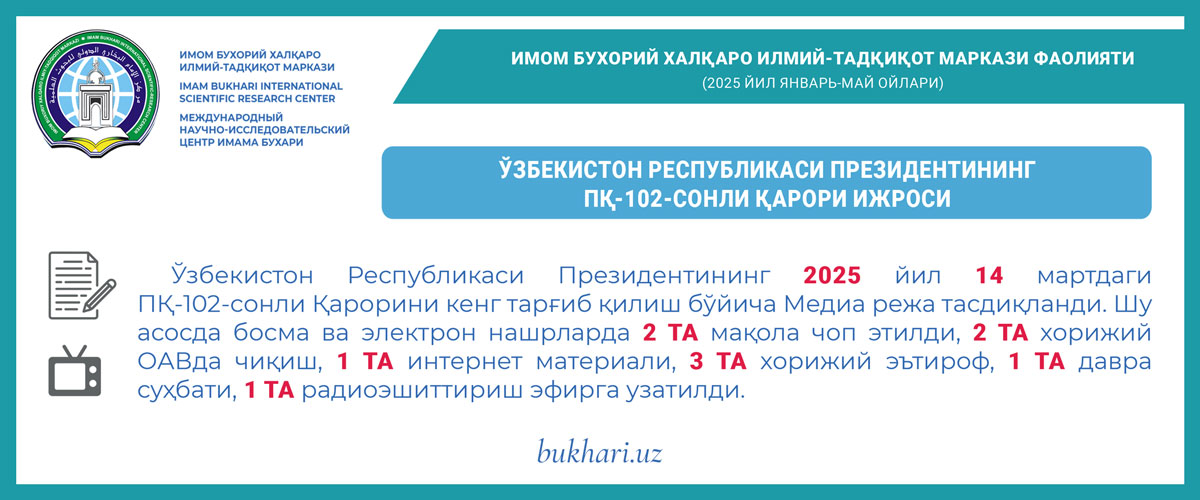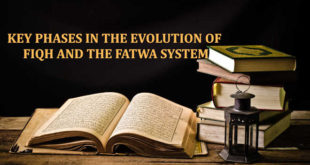Commentary of Hadith
Islam is a cute, beautiful religion. Therefore, being a Muslim should be beautiful and built on beautiful morals.
According to the hadith, the thawab (reward) will be multiplied if a person performs his deed with sincerity and good behavior.
It was narrated from Abu Hurayrah (may Allah be pleased with him)
The Prophet (ﷺ) said: “If any of you beautifies his Muslimness, every good deed it does will be written from ten up to seven hundredfold, and every bad thing it will be written up to tenfold.”(Narrated by Imam Bukhari rahimahullah).
The word “any of you” in the hadith includes men and women, every Muslim.
Jawamiul Kalim – expressing high meanings with few words was one of the miracles of the Prophet (ﷺ). The meaning of his words: “… beautifies his Muslimness” means that if he responds to all the requirements of faith, if he performs his deeds with sincerity if he practices religion inwardly and outwardly if he intends to be close to God, then his Islam and Muslimness will be beautiful.
Every (good) deed of the person will give multiplied, a good deed receiving a tenfold up to seven hundredfold reward.
In this, the Muslim should be beautiful and sincere in his actions.
If there are sinful deeds, they will be written only in their amount, and they will also be forgiven with true forgiveness and repentance.
In the Qur’an, Allah Almighty gave the increase of reward in a wonderful example:
Ayah al-Baqarah (The Cow) 2:261. The example of those who spend their wealth in the cause of Allah is that of a grain that sprouts into seven ears, each bearing one hundred grains. And Allah multiplies ˹the reward even more˺ to whoever He wills. For Allah is All-Bountiful, All-Knowing.
The benefit of spending money in the way of Allah is described wonderfully in this verse. On the surface, it seems that the wealth of the benefactor has decreased. Charity is like a grain planted in the ground. Just as that one grain of grain will germinate and multiply, the donated goods will multiply many folds. God will multiply it.
The purpose of giving the example of grain is to emphasize that one thing spent in the cause of God will multiply by seven hundredfold. But this is not the last limit either: “And Allah gives more to whomever He wills” (“Tafsiri Hilal”).
Compared to this, the one who beautifully does the deed, with the presence of heart and hope, will be given more reward compared to the one who does the same deed carelessly and negligently.
It was narrated from ‘Ammar bin Yasir that: The Prophet (ﷺ) said: “Surely, when a person gets up (from prayer), only one-tenth, one-ninth, one-eighth, one-seventh, one-sixth, one-fifth, one-fourth, one-third or half of it is written on him” (Narrated by Abu Dawud).
The Prophet, peace be upon him, in many hadiths enjoined good behavior and describe its virtues.
Narrated Aisha, Ummul Mu’minin: The Messenger of Allah (ﷺ) said: By his good character a believer will attain the degree of one who prays during the night and fasts during the day. Narrated by Abu Dawud, Tirmidhi, Ibn Hibban, and Hakim.
The beautification of Islam is revealed by the complete and perfect performance of deeds and following the rules of Sharia.
The Islam of a person who performs some actions and neglects the rest, does not strive for perfection in his actions, and does not have sincerity in his actions, is not called beautiful.
Allah Almighty says in the Qur’an: O you who have believed, enter into Islam completely and perfectly and do not follow the footsteps of Satan. Indeed, he is to you a clear enemy. “O ye who believe! Enter into Islam whole-heartedly; and follow not the footsteps of the evil one; for he is to you an avowed enemy.
 Imom Buxoriy xalqaro ilmiy-tadqiqot markazi bukhari.uz
Imom Buxoriy xalqaro ilmiy-tadqiqot markazi bukhari.uz
